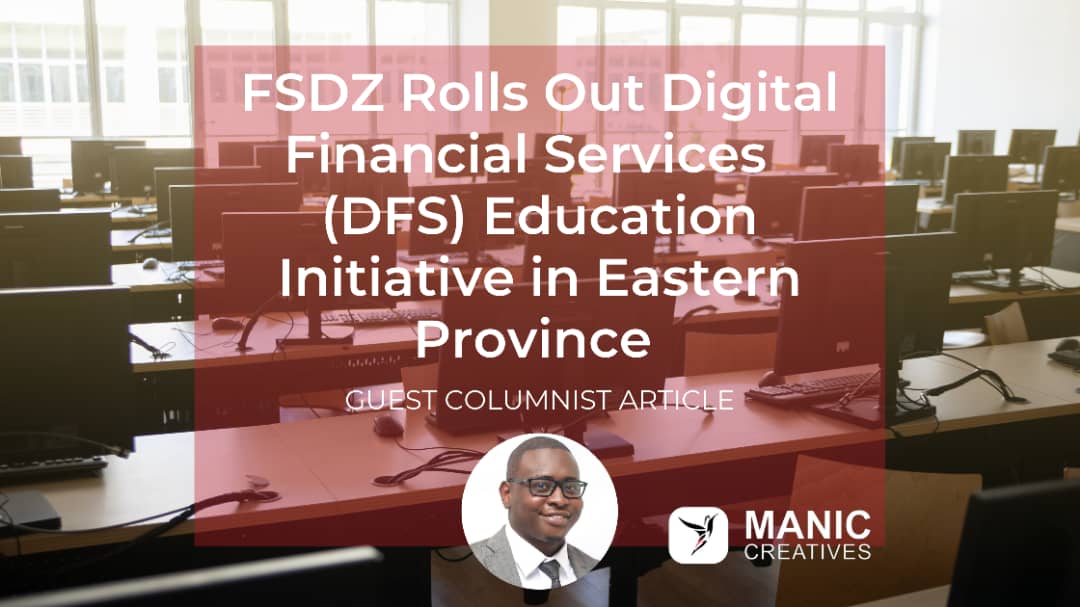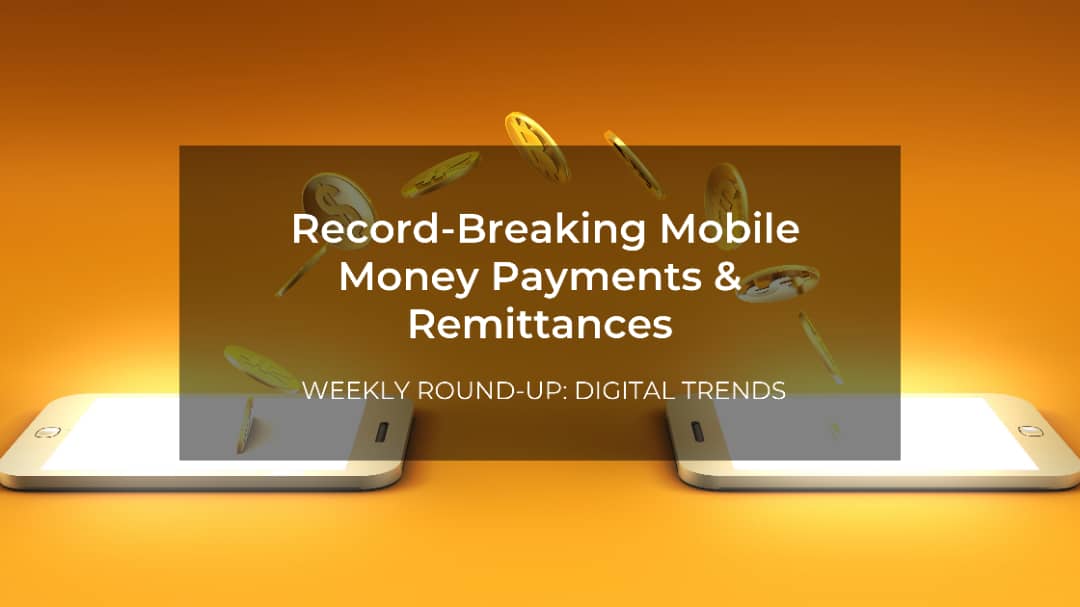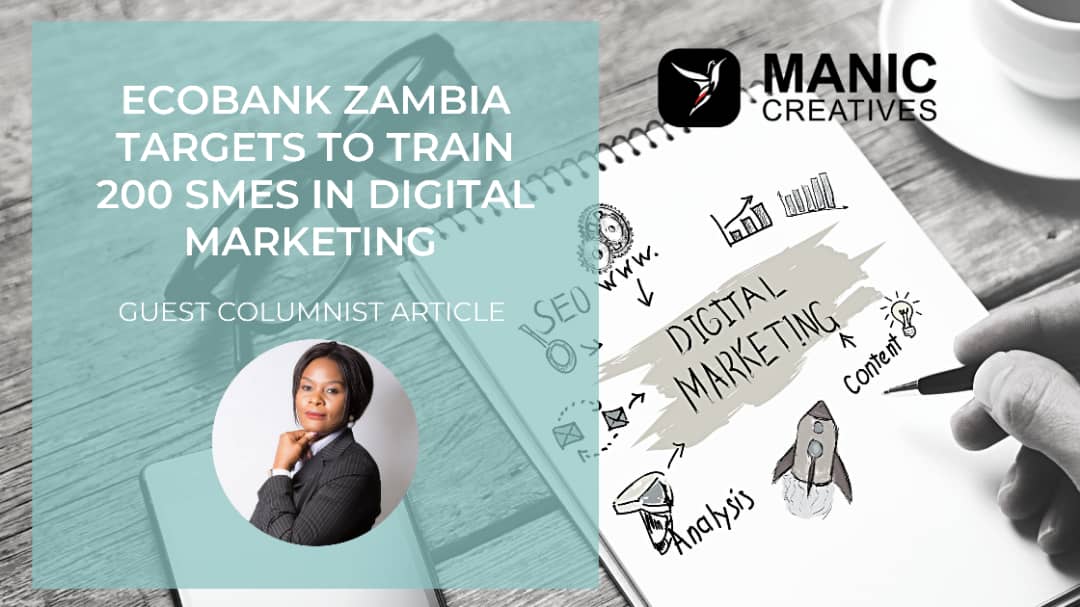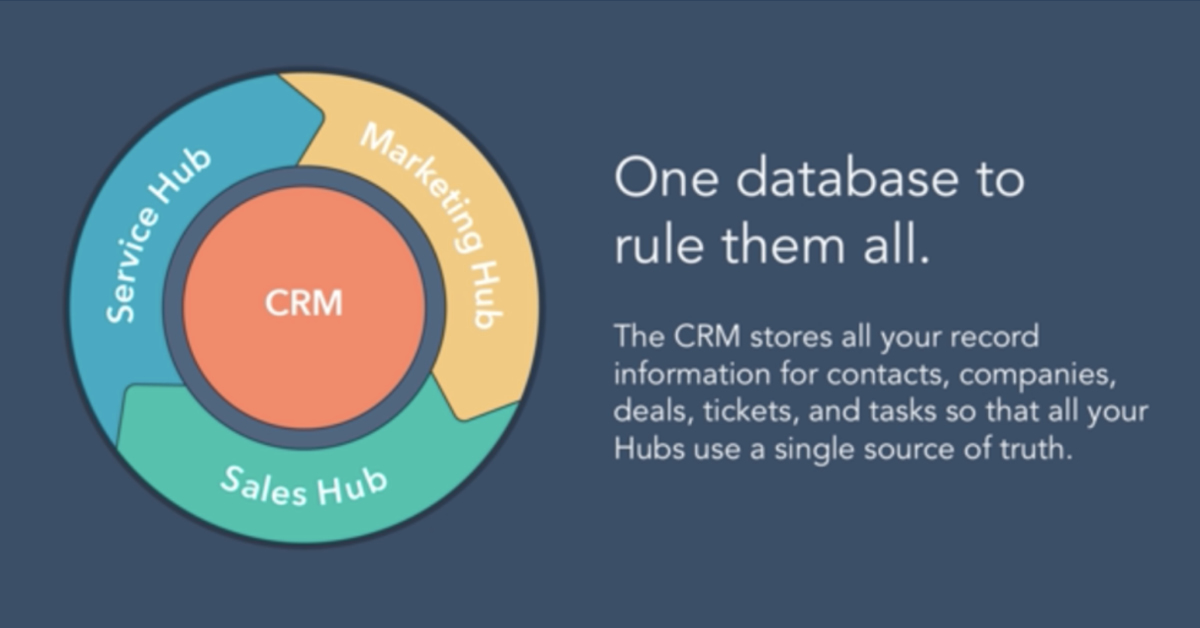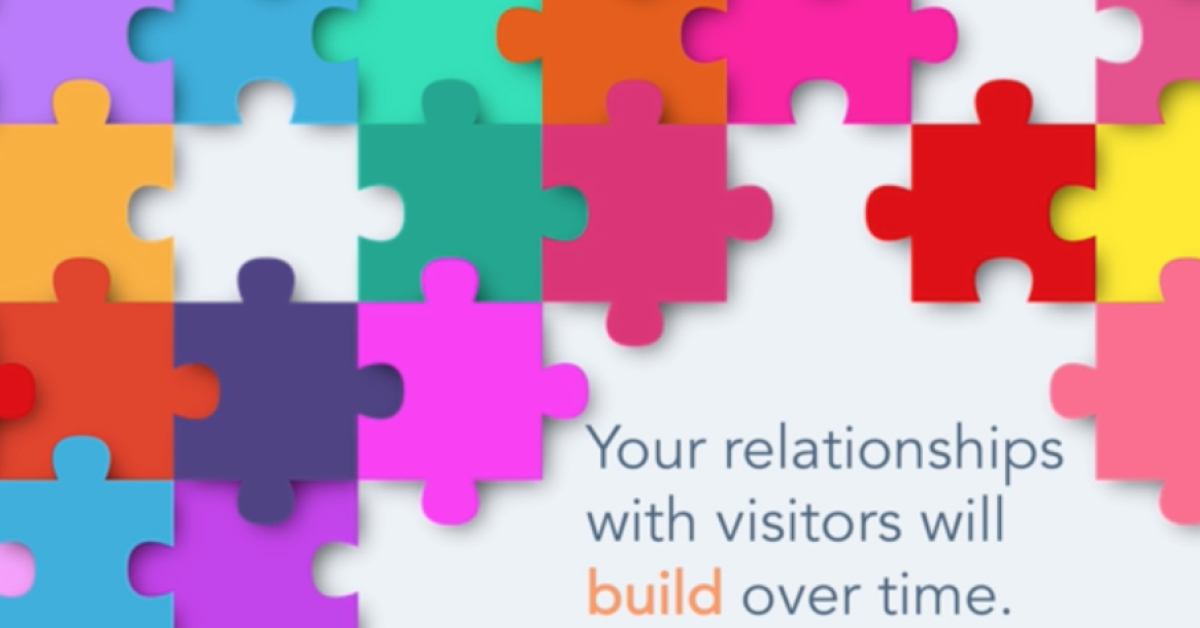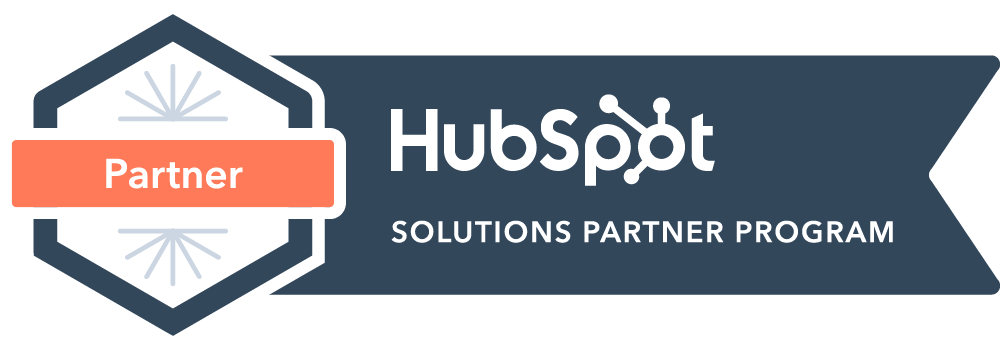How Digital Financial Services (DFS) can help the low-income households to improve lives: a case study of the FSD Zambia education initiative in E/P
By Eneyah Phiri
In 2019, I joined Financial Sector Deepening Zambia (FSD Zambia), leading strategic communications. As I dove into understanding financial inclusion and how it impacts people’s lives (including learning a plethora of new acronyms), I began to appreciate the underlying value of access to financial services and its potential to improve the lives of Zambians. While there have been advancements in financial inclusion from 59.3% in 2015 to 69.4% of adult Zambians in 2020, there are still some considerable disparities between males (at 71.2%) and females (at 67.9%).
Knowing, understanding and choosing the right financial services is vital for people to plan, manage and grow their resources. This is especially important for poor people. For many low-income households, understanding budgeting, saving, and insurance can decide whether a family has access to adequate health care or whether children go to school. Thus, the delivery of essential financial services, especially to the poor and most vulnerable, is crucial. With advancements in technology, delivering these services through digital platforms has proven to be an effective method to expand access to financial services.
Digital Financial Services (DFS) can expand the supply of vital financial services and education to low-income families through mobile money solutions. There is evidence that providing financial education using alternative means, such as radio and cell phones, can help to improve the effective use of DFS. A new trial in Eastern Province may provide FSD Zambia with options to grow DFS, particularly for low-income families. On a trip to Chipata, our team saw the direct importance of DFS and the potential it has to empower households to manage their money. We wanted to learn about how smallholder farmers, savings group members, marketeers and small business owners understand and access financial services through digital platforms.
This information will help us develop a radio drama to be piloted in Eastern Province to shape positive perceptions and ultimately enhance the use of DFS. We met 40 people from the various groups in and around Chipata. What was immediately apparent is an appetite for understanding more about financial services because of the benefits people have experienced. One woman spoke passionately (and proudly) about how saving small amounts from her business earnings, using mobile money, enabled her to grow her business and send her children to boarding school. Another lady explained that the ability to send and receive money digitally from her husband (who works in another town) eased travel costs.
A farmer from a small village outside Chipata said saving his money using mobile money gave him a sense of security. His family could access this money during ”lean times” in the agricultural calendar. He humorously explained that not having the immediacy of cash had made him ”painfully” responsible because while he could ”see” his money, he couldn’t use it at his earliest convenience. It was not all positive, however. Several of those interviewed had reservations about DFS. A few of them had fallen victim to fraudsters who prey on people’s ignorance to steal money. One or two lamented that they had unexplainably ”lost” money saved on digital platforms. The process to recover their losses from the service providers was so lengthy, wearing and costly that it defeated the purpose.
In addition, some complained that while there were several mobile money agents and kiosks in the urban areas, there were far fewer agents in rural areas. Users are forced to walk long distances to transact and still find some kiosks out of money, defeating the ease and accessibility that DFS is expected to deliver. Respondents also agreed that there is a lack of understanding and accurate interpretation of DFS.
The review validated the need for a radio drama pilot project focused on DFS, bridging the information gap. Radio drama has proven successful in various disciplines to affect positive change across a multitude of demographics. Drama is a suitable choice to drive financial education in a package that is relatable and understandable to audiences because it has the unique ability to communicate themes that are sometimes too complex or sensitive to discuss within standard radio programming.
The DFS radio drama will be developed as an edutainment programme covering various DFS topics. The programme will be designed to promote the use of DFS while highlighting and educating households about potential red flags such as fraud.
We will be setting up a call-in system to help ensure we measure listenership and their learning processes. After assessing the pilot’s performance, if successful, FSD Zambia may consider a tailor-made roll-out of the programme.
This pilot will lead us to understand better how to share information and improve our knowledge of DFS. It will be exciting to see how this radio programme is received and its impact on shaping perceptions of DFS.
About the author
Eneyah heads the communications unit at FSD Zambia. He joined in November, 2018, as Senior Communications Officer and spearheaded the transformation of the role into a strategic manager position. Eneyah drives the overall strategic direction of the unit. He has over eight years professional experience in strategic communications, having previously served as Communications and Marketing Manager for the World-Wide Fund for Nature in Zambia (WWF Zambia) and Head of Advocacy and Communications for CSO-SUN Zambia. Eneyah has provided consultancy services on public relations, strategy and crisis communications to various regional and international organisations, including the Global Scaling up Nutrition (SUN) Movement, the United Nations World Food Programme (UN WFP) and The National Food and Nutrition Commission (NFNC).


